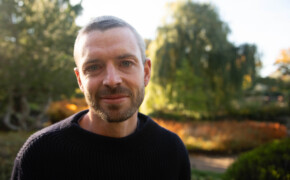Universitetsavisen
Nørregade 10
1165 København K
Tlf: 35 32 28 98 (mon-thurs)
E-mail: uni-avis@adm.ku.dk
Section
Students of environmental economics say they are not being prepared for the real world and that they are only being offered one perspective on economics. Department management is prepared to make concessions.
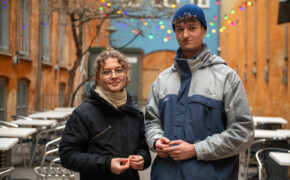
After years of relying on awareness campaigns, a copyright enforcement group is now stepping up its efforts to combat illegal textbook copying by students at Danish universities.

In the face of what they call »a colossal development task«, University of Copenhagen management has scaled back its criticism and is now hard at work trying to make the reform a success. The prorector for education explains what they are doing to create new programmes.

With more than 10 staff laid off, and 25 staff departing voluntarily, students of Landscape Architecture at the University of Copenhagen are concerned about the continued quality of their education programme.
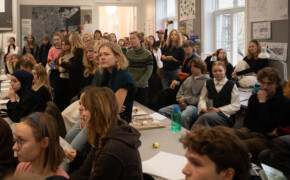
Mustaf Mohamed Takoy was denied entry to Denmark this summer, despite holding an Erasmus Mundus scholarship for study at UCPH. His fellow students have taken matters into their own hands and appealed the decision.
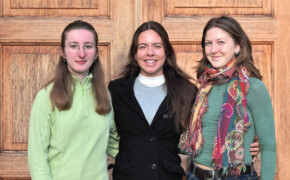
Elisenda Feliu teaches mathematics to biology students. Their initial resistance has been converted into results
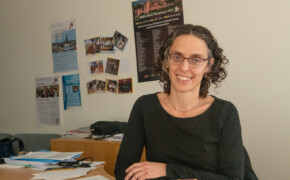
A group of students say the natural sciences dominate the psychology programme, while critical thinking, and traditions rooted in the humanities, are being pushed aside. Now they’ve launched their own lecture series to take psychology back.
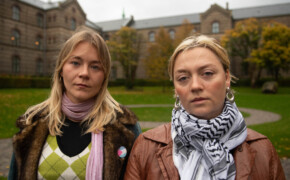
Study abroad lottery is scrapped before it even began: »We messed up,« admits education director
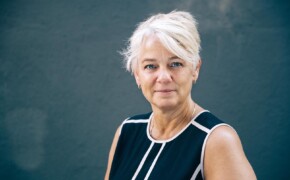
Associate Professor Kim Ebensgaard teaches a generation of students with increasing need for additional support. A student generation that places greater demands on lecturers.
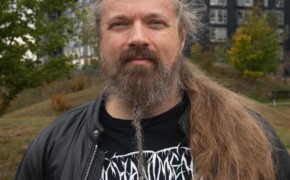
The Irish student James Lang was expelled from the University of Copenhagen after a misunderstanding. According to UCPH, all rules were followed, but the case raises questions about the flexibility of the administration.
